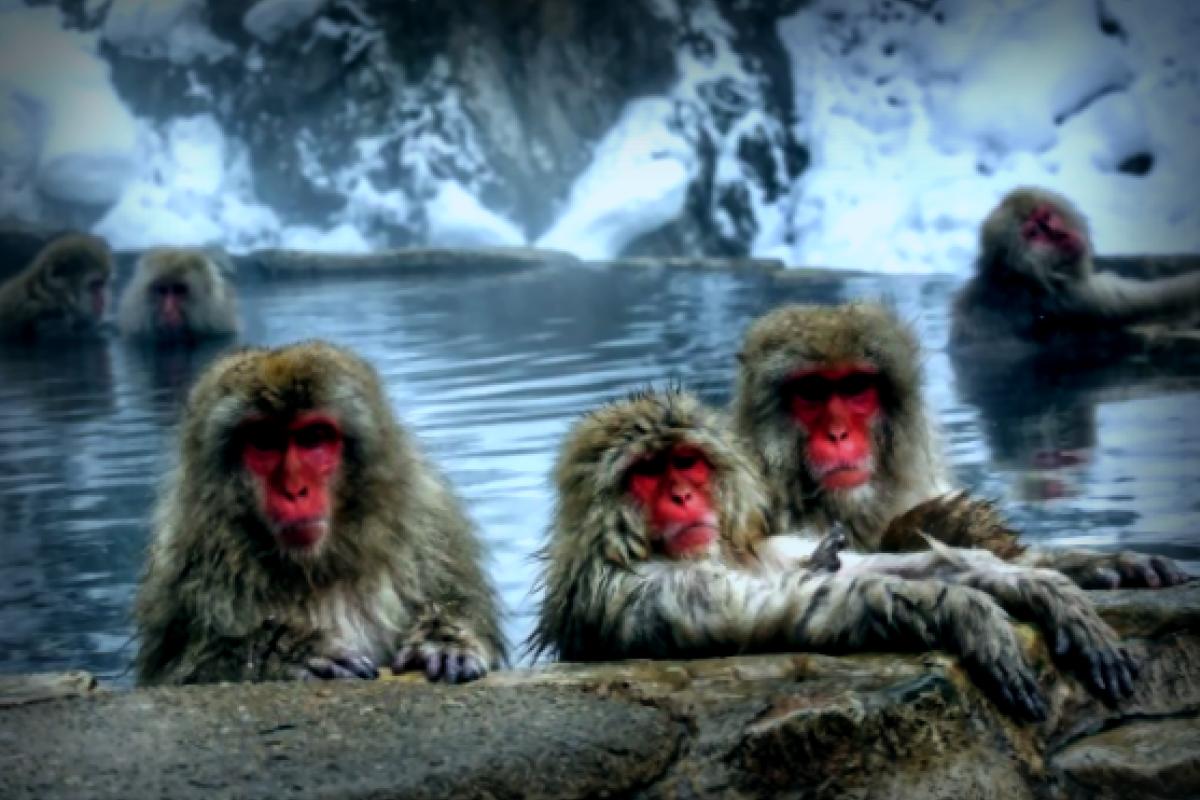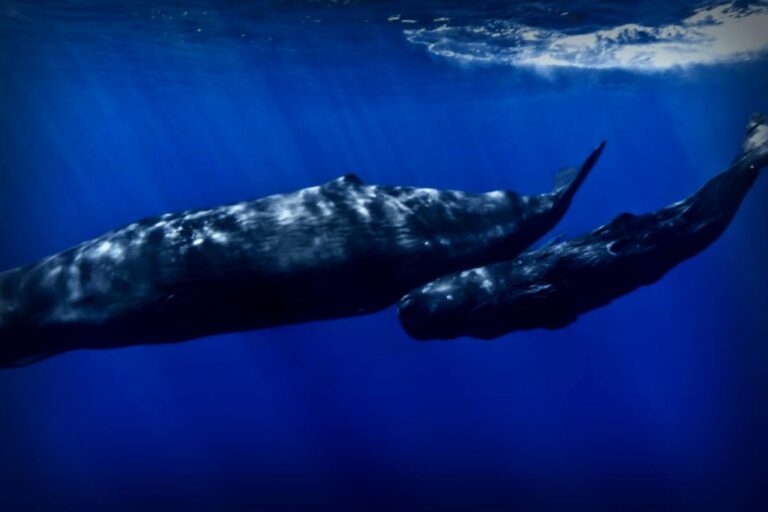The Japanese macaques, also known as snow monkeys, are found living in some of the coldest habitats around the globe, and their survival heavily depends on these conditions remaining icy.
According to a report by NHK, research has shown how even slight increases in winter temperatures are altering the way these monkeys search for food.
What’s going on?
A groundbreaking study published in the journal Scientific Reports analyzed wild populations of macaques in Kamikochi, Nagano Prefecture, Japan, from 2022 to 2024, utilizing footage from NHK and DNA analysis from their droppings.
The researchers uncovered that when daytime temps went over freezing, the variety of insect species in their meals took a significant downturn.
This team of scientists, working with fellow colleagues from the University of Tsukuba and Shinshu University, studied the monkeys’ eating habits during winter months, finding that they depend on aquatic insects in rivers when other food sources become scarce.
During February 2024, a spike in temps combined with the melting of snow upstream increased river water levels. The research revealed that as a result, the monkeys began entering the rivers less frequently, resulting in a noticeable drop in the number of insect species in their diet.
Assistant Professor Takenaka Masaki pointed out that these discoveries emphasize how even minor temperature fluctuations can significantly affect animal behavior.
Why does warming matter?
The troubling implications extend beyond the macaques. A 2021 study in Scientific Reports showed that these snow monkeys rely on rivers not just for water but for vital calories during the winter, including insects and sometimes even fish, confirmed via DNA from fecal samples.
If the trend of warmer winters continues, resulting in continuous flooding of these streams will cut off one of their most dependable food sources in the chilly season.
Additionally, the World Meteorological Organization’s State of the Global Climate report outlined that various ecosystems are experiencing extensive impacts due to rising temperatures.
According to Japan’s meteorological agency, data revealed that winter from December 2023 to February 2024 was the second-hottest on record. Similarly, the World Meteorological Organization’s study has validated these findings.
The Intergovernmental Panel on Climate Change also highlighted that more frequent mid-winter warm spells, including rainfall and rapid thawing, may trigger snowmelt and flooding, thereby disrupting foraging patterns and creating hazards for communities near fast-rising water bodies.
What steps can we take about these warm spells?
The National Biodiversity Strategy of Japan emphasized in 2012 the importance of connecting forests, rivers, and coasts to give wildlife a better shot at adapting to climate changes. We can contribute by supporting organizations that protect river ecosystems and combat habitat loss.
The study on snow monkeys serves as a critical reminder that the impact of warming is already at play, affecting both wildlife and people. Sometimes a single significant warm spell can ripple through food systems or flood local communities.

Subscribe to our free newsletter for the latest recommendations for good news and helpful tips, and don’t miss out on this interesting list packed with easy ways to benefit yourself and help the environment.
The research article discussing alarming findings from tracking wildlife in some of Earth’s chilliest segments originally appeared on The Cool Down.




















